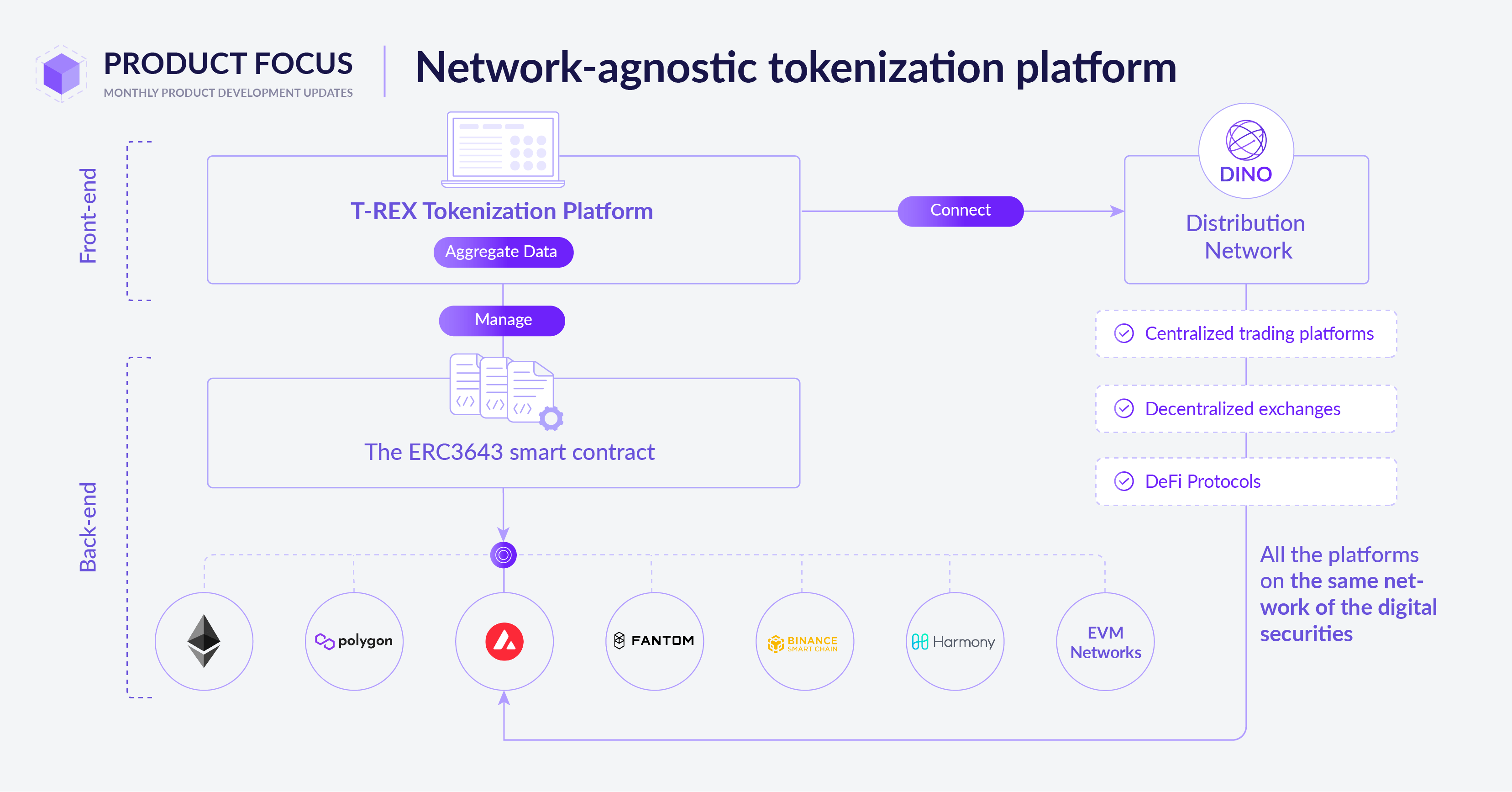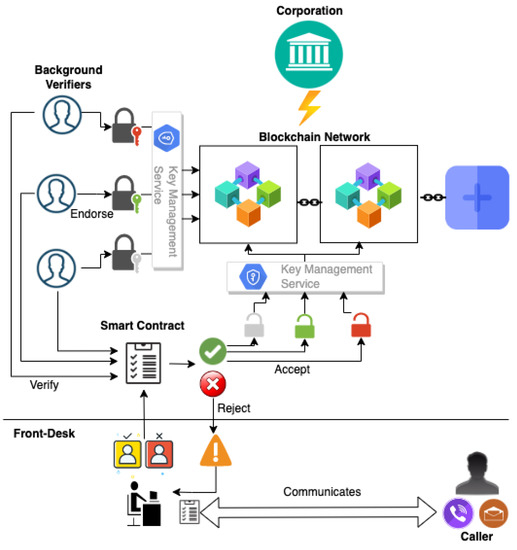Hydrogen has emerged as a promising contender in the quest for sustainable energy solutions, offering a clean and versatile fuel option for a greener future. Let’s delve into the various aspects of hydrogen as a renewable energy source and explore its potential to revolutionize the energy landscape.
Unveiling the Potential of Hydrogen
Hydrogen, the most abundant element in the universe, holds immense potential as a renewable energy source. Unlike fossil fuels, hydrogen combustion produces no greenhouse gas emissions, making it a clean and environmentally friendly fuel option. Its versatility allows for various applications, from powering vehicles to generating electricity and heating buildings.
Production Methods: From Water to Energy
Hydrogen can be produced through various methods, with water electrolysis being one of the most common. By passing an electric current through water, hydrogen and oxygen are separated, yielding hydrogen gas as a byproduct. Another method involves steam reforming of natural gas, although this process produces carbon emissions unless combined with carbon capture and storage technologies. Additionally, biomass gasification and solar-driven electrolysis offer renewable pathways for hydrogen production.
Storage and Distribution Challenges
One of the key challenges in harnessing hydrogen as a renewable energy source lies in its storage and distribution. Hydrogen has low energy density by volume, requiring efficient storage solutions to overcome transportation challenges. Compressed gas and liquid hydrogen storage are common methods, while advancements in materials science are driving research into solid-state hydrogen storage options. Additionally, establishing a robust infrastructure for hydrogen distribution remains a priority to support widespread adoption.
Fuel Cell Technology: Powering the Future
Fuel cells represent a groundbreaking technology that converts hydrogen into electricity through electrochemical reactions. Fuel cell vehicles, for example, use hydrogen fuel cells to power electric motors, offering zero-emission transportation solutions. Beyond transportation, fuel cells hold potential for stationary power generation, providing clean and reliable electricity for homes, businesses, and industries.
Applications in Industry and Beyond
Hydrogen’s versatility extends beyond transportation and electricity generation, with applications in various industries. From decarbonizing industrial processes to producing ammonia for fertilizers and synthesizing chemicals, hydrogen plays a pivotal role in transitioning towards a low-carbon economy. Moreover, blending hydrogen with natural gas in existing infrastructure offers a pathway to reduce carbon emissions in heating and power generation.
Economic Opportunities and Policy Support
As the world seeks to mitigate climate change and reduce reliance on fossil fuels, hydrogen presents economic opportunities for innovation and investment. Governments and industries worldwide are increasingly investing in hydrogen research, development, and deployment. Policy support, including incentives, subsidies, and regulatory frameworks, is essential to accelerate the growth of the hydrogen economy and foster market competitiveness.
Hydrogen as a renewable energy source embodies the promise of a cleaner, more sustainable energy future. With advancements in technology, infrastructure, and policy support, hydrogen has the potential to play a transformative role in mitigating climate change and powering a greener world. Join us in embracing hydrogen as a key pillar of our renewable energy transition.






































